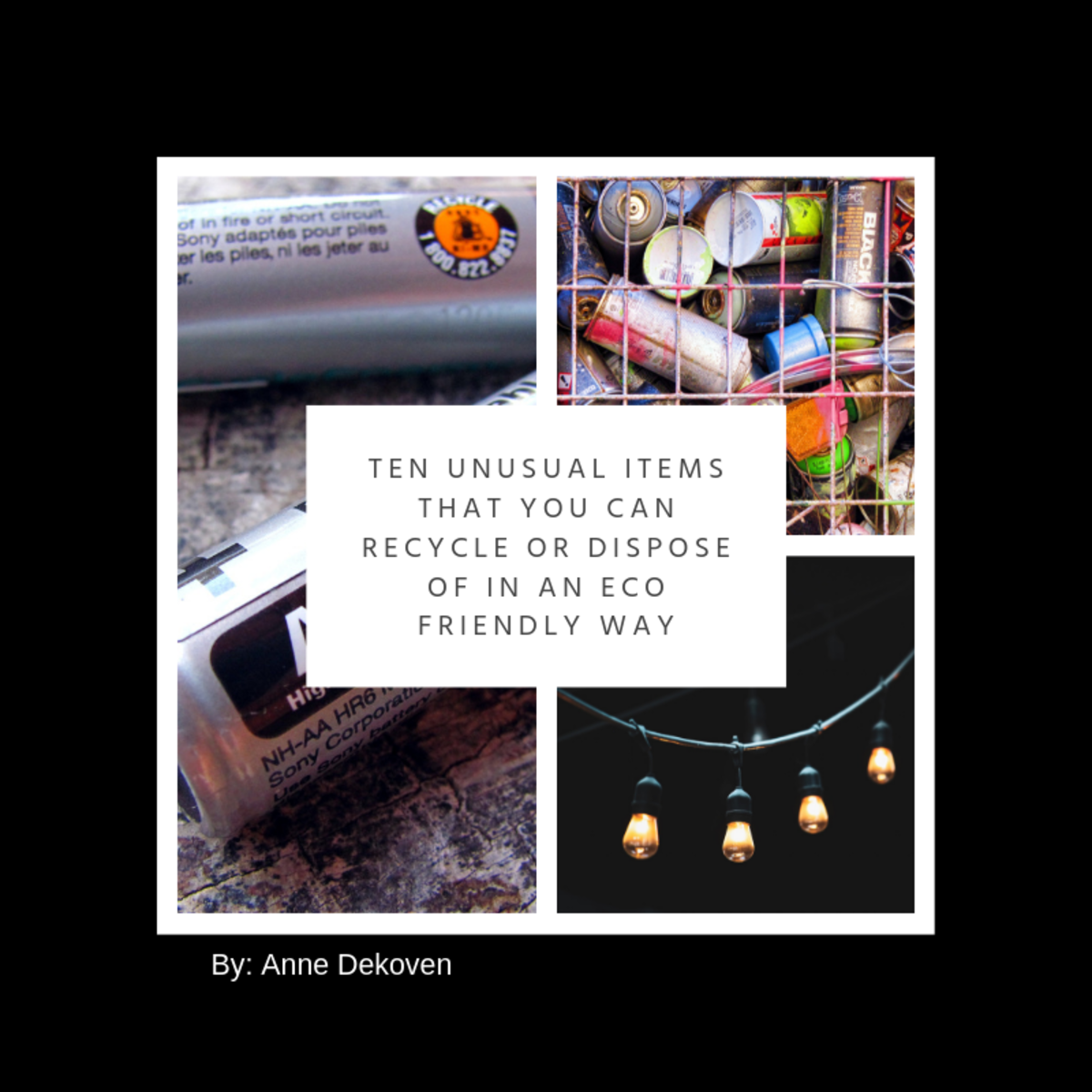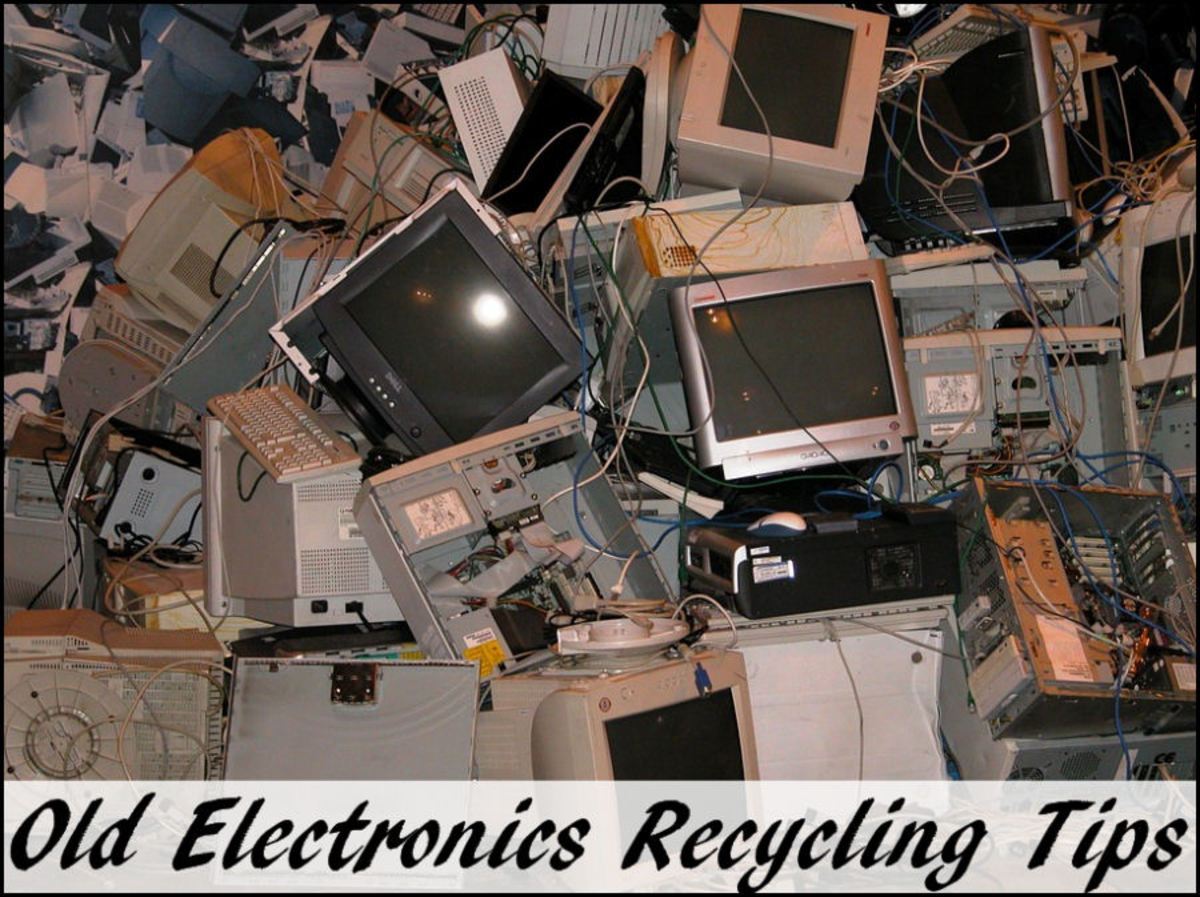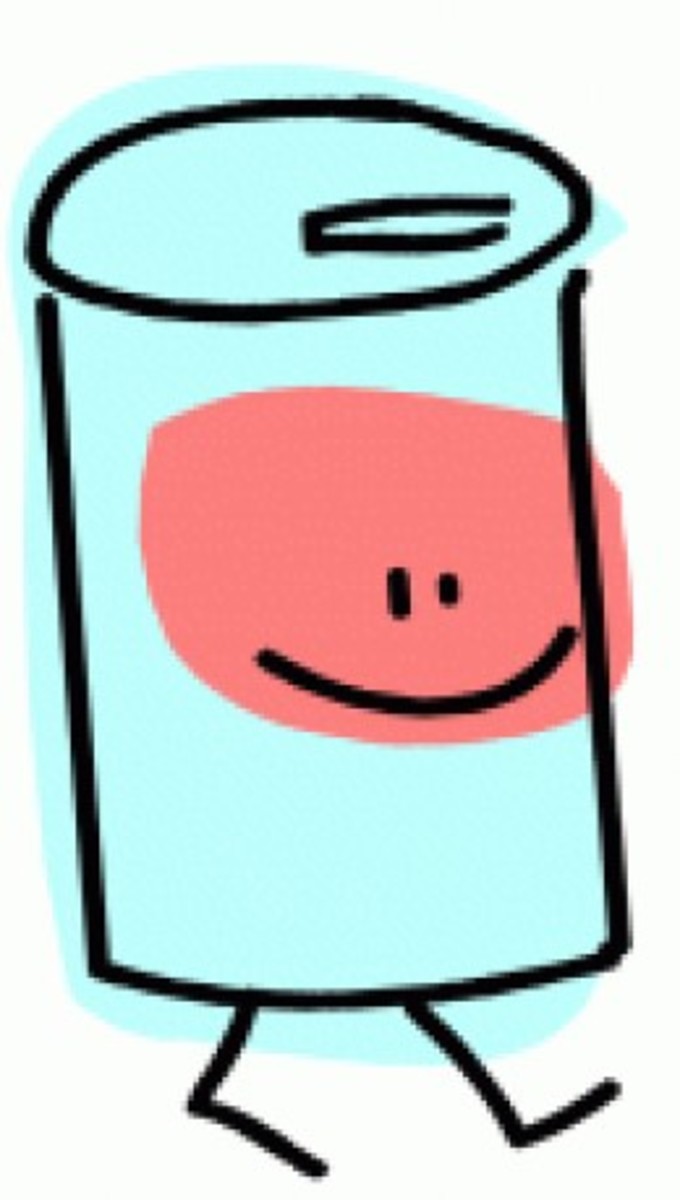What Is and What Do You Do With E-Waste?
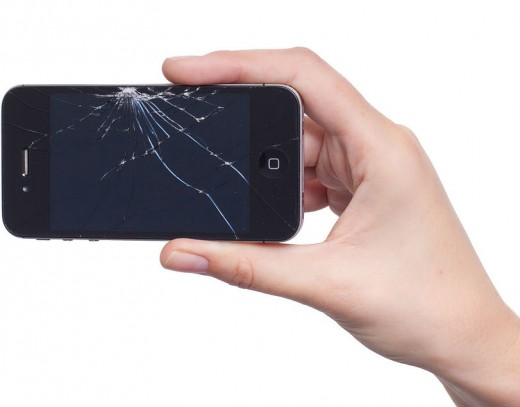
Welcome To The E-Waste Era
E-waste, or electronic waste as it more commonly known, is fast becoming one of the largest disposal problems for our generation. This enormous influx of potentially toxic waste into landfills has governments scrambling for a solution.
Used T.V.s, stereos, tape decks, radios, computers, printers, fax machines, answering machines, ipods, cell phones, CD players, the list virtually never ending, and tons of this electronic waste are becoming new E-Waste daily.
We are a generation in love with our abundance of new, and constantly improving computers, technological products, cell phones, and other electronic gadgetry. As the new stock hits store shelves, it has no shortage of willing buyers ready to take it home, but it is the outmoded and tossed aside products that have governments around the world concerned. It's piling up.
Welcome to the electronic age, where even garbage comes with a new and more distinguished title, welcome to the "e-waste" era.
What do you do with your used electronics?
Do you reduce, reuse, or recycle your E-Waste?
Technology has a Tendency to Update at a Very Rapid Pace.
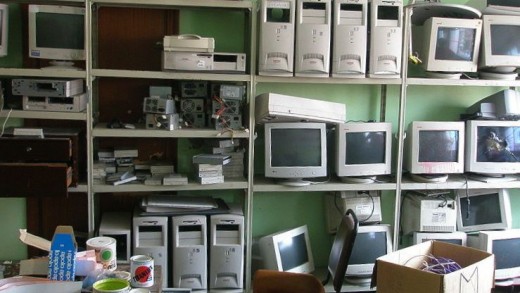
So What Exactly Is E-Waste?
If you haven't heard the term before then get prepared because you will definitely be hearing a lot about it in the future.
Electronic waste is a term that has come sharply into focus in our current electronic world. Ewaste is a term which has come to represent any and all types of electronic equipment that is near to ending, or is ending, it's useful life span.
These out-dated electronics are quickly becoming any one of a number of computers, telephones, televisions, VCR's, stereos, i-pods, fax machines, or some such other similar electronic product that now needs to be disposed of. In essence it has become garbage, refuse, waste, trash or whatever other term that you would prefer to refer to it as.
Scientifically these items are now officially referred to as "electronic waste" or as it is more commonly known "e-waste". We are an era that over the past number of years has been, and is still, enticed by an ever evolving supply of electronic gizmo's and gadgets.
Technology is advancing at a rapid pace and the newest technology today is quickly outmoded as newer and even more advanced improvements to current electronics advance to the forward front. These new and improved products hit the shelves, and our old outdated or worn out electronics become "e-waste", and as such, need to be disposed of.
To recycle your E-waste items check for a listing of U.S. organizations or businesses that recycle or reuse electronics.
Electronic Waste Wrapped in Preparation for Transport
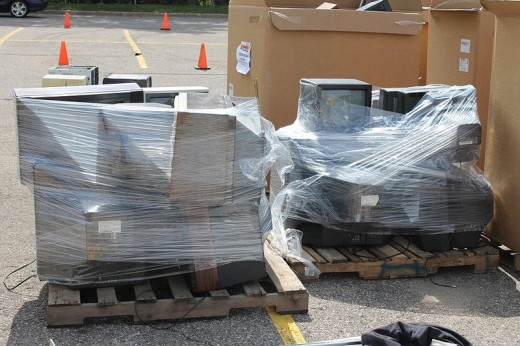
Why Can't it Be Thrown Out Along With My Other Garbage?
The sheer number of electronic waste products that are being tossed into the local landfills is creating an environmental nightmare and has governments and environmentalists alike searching for new methods of recycling this ever growing pile of electronic waste. To add to the nightmare is the fact that a large number of these electronics contain hazardous waste materials and there are just not a lot of recycling programs currently in place to deal with this new form of garbage.
The E-Waste problem came to the forefront so quickly that not a lot of recycling programs at first considered it to be a potential problem. For this reason not many programs were in place to deal with this new form of waste material.
So without recycling centers in place to dispose of their electronic waste safely people simply threw it away with their other trash and these products began filling up the local landfills at an alarming rate.
Suddenly it became glaringly clear that recycling programs were desperately needed. They had to be created immediately to help put a stop to this new environmental nightmare. Public Education programs needed to be put in place. The sheer magnitude of this waste that was so rapidly being created was a new environmental nightmare. People needed to be made aware of the necessity of properly and responsibly disposing of this new form of waste.
Clean Your Computer Hard Drive Before Recycling it

Computer Phone Tablet Printer and Laptop it all Adds up
How Often do You Replace Your Phone?
Recycling just makes good common sense.
So what solutions have governments come up with for recycling all this electronic waste? Currently it would appear that the three basic rules of recycling are as important here as they are in all areas of waste management. Reduce - Reuse - Recycle your electronic waste.
The basic reduce - reuse - recycle rules are:
Reduce the amount of waste that you produce by purchasing products with less packaging or that are re-usable or long lasting. Pack your groceries in cloth bags rather than the plastic disposable variety.
Reuse items. Use glass jars to store food in, as drinking glasses, or paint them to use as decorative containers for buttons, paperclips or other small household items. Cardboard boxes can be broken down for easy storage till they are needed again.
Old shirts can be cut into rags and the buttons and zippers stored for later use. If you do not have a use for items, donate them to local charities, or to someone else that you feel might have a use for them.
Recycle whenever possible. Compost your vegetable and yard waste material. Recycle your tin cans, glass, newspapers, magazines, cardboard, plastics, ink cartridges, batteries and all other items that programs are in place to accept.
Reduce the amount of waste that you create. If your electronics article is still in good working order, you can consider passing it along to someone else who could use it, or donating it to a local charity or thrift store. If it is no longer in working order than recycle it or store it until such a time as your community offers an "e-waste" recycling center.
This content is accurate and true to the best of the author’s knowledge and is not meant to substitute for formal and individualized advice from a qualified professional.
© 2008 Lorelei Cohen


